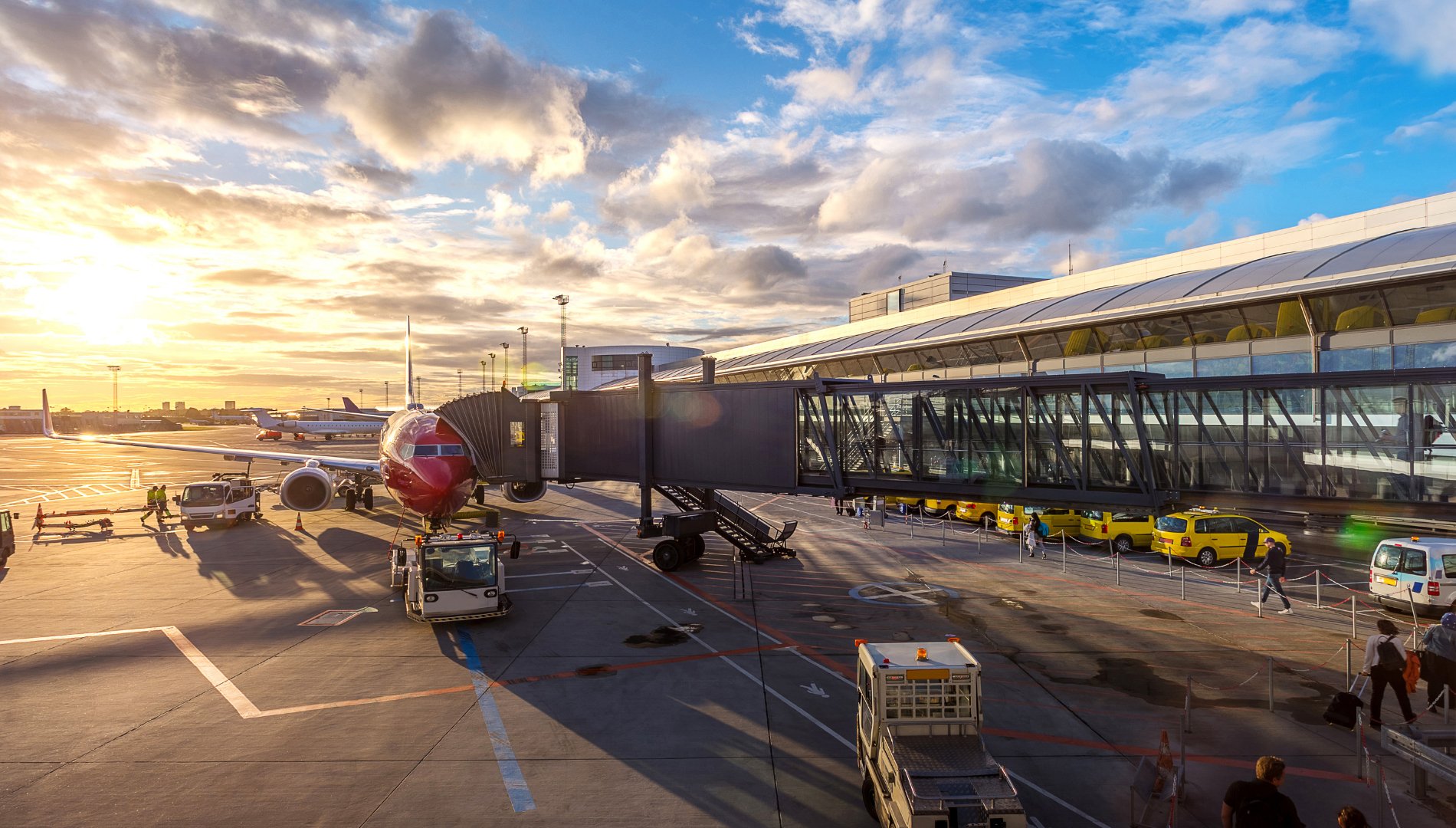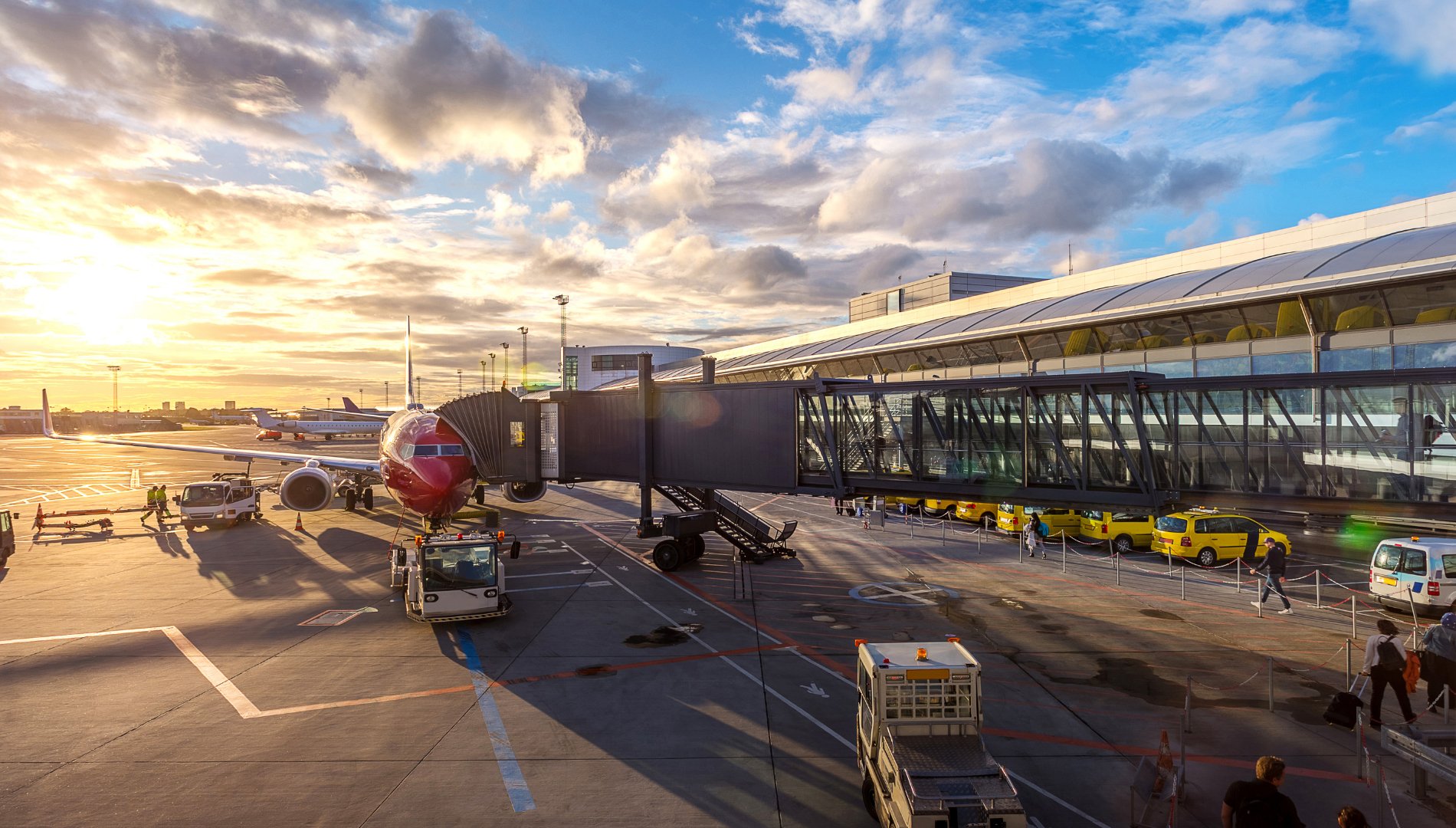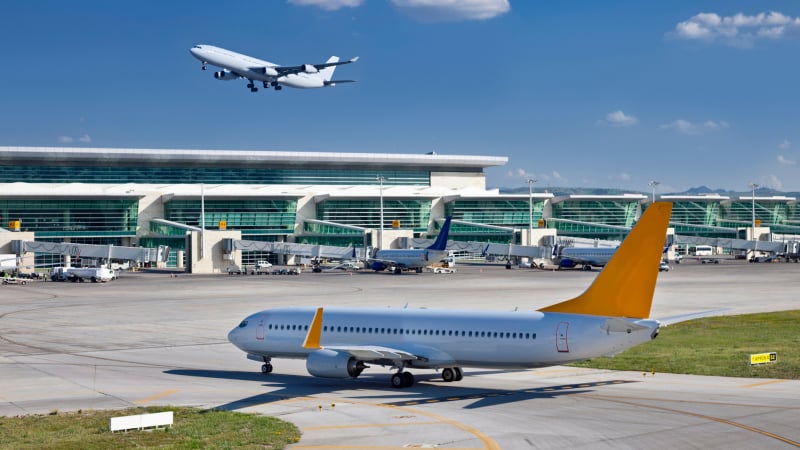Australian airline Qantas Airways has made a strategic decision that has shaken the regional aviation industry, officially announcing the closure of its Singapore-based subsidiary, Jetstar Asia. The eventual closure of this 20-year-old low-cost carrier at the end of July is a natural consequence of several factors, including rising supplier costs, expensive airport fees at Changi Airport, and fierce competition in Asia.
This decision will directly impact 500 Jetstar Asia employees, who will face the risk of losing their jobs. At the same time, Jetstar Asia's fleet of 13 Airbus A320s will be redeployed to Australia and New Zealand to serve other operations of the Qantas group.
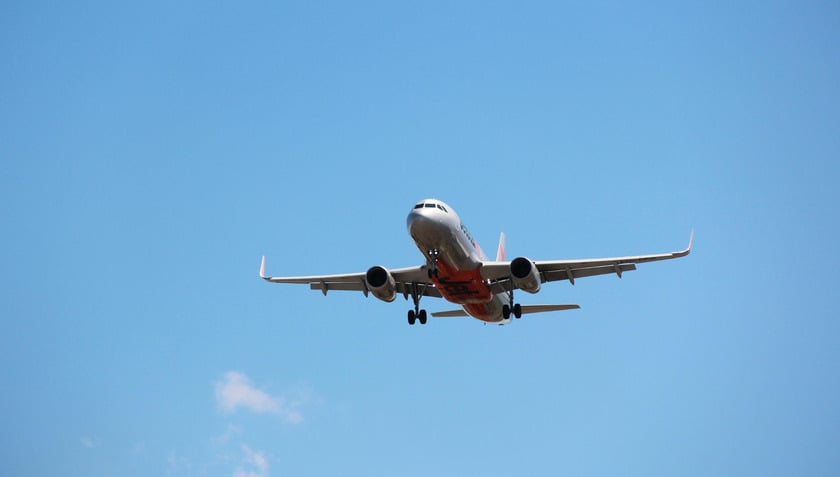
A Jetstar Asia spokesperson said the airline's closure would affect 16 domestic routes in Asia.
The departure of Jetstar Asia reflects a rapidly evolving reality in the Asian aviation industry. Following a slowdown due to the Covid-19 pandemic, airlines, particularly established low-cost competitors like Scoot (owned by Singapore Airlines), AirAsia (Malaysia), and VietJet Aviation (Vietnam), have quickly recovered and expanded their capacity. This has led to intense competition, driving down airfares and putting significant pressure on the profitability of these airlines.
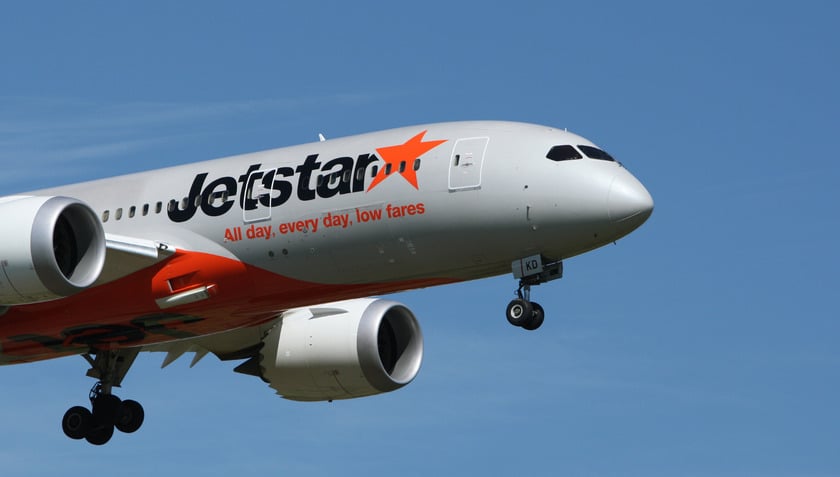
According to Reuters, in recent years Jetstar Asia has specialized in operating 16 domestic Asian routes from Changi Airport, but has been unable to achieve the same level of profitability as its core markets.
Against this backdrop, Jetstar Asia, which previously operated 16 routes across Asia from its hub Changi Airport, has faced increasing challenges in recent years. The airline has been unable to deliver profitability commensurate with its higher-performing core markets within the Qantas Group.
Vanessa Hudson, CEO of Qantas Group, candidly shared the core reason: "The cost situation has changed significantly, with some supplier costs for Jetstar Asia increasing by as much as 200%." This unusual surge has directly eroded the already thin profit margins of a low-cost airline. Specifically, Jetstar Asia is projected to record a basic loss before interest and taxes of up to US$22.76 million in the fiscal year ending June 30th.
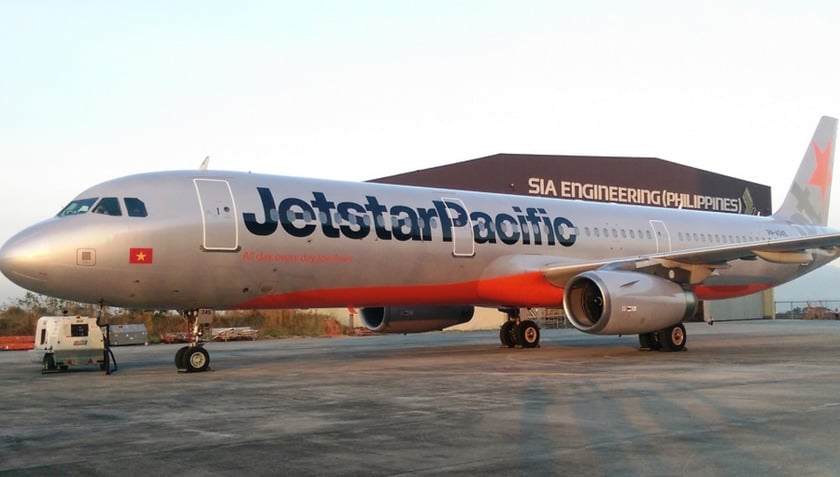
Passengers who purchased tickets for canceled Jetstar Asia flights will receive a full refund, or be transferred to other airlines if they wish.
The closure of Jetstar Asia, while a difficult decision, was seen by Qantas as a necessary step to free up value from its 13 aircraft. This resource will be reinvested in the group's core operations, including replacing the costly leased aircraft that Jetstar Airways in Australia is using for domestic flights.
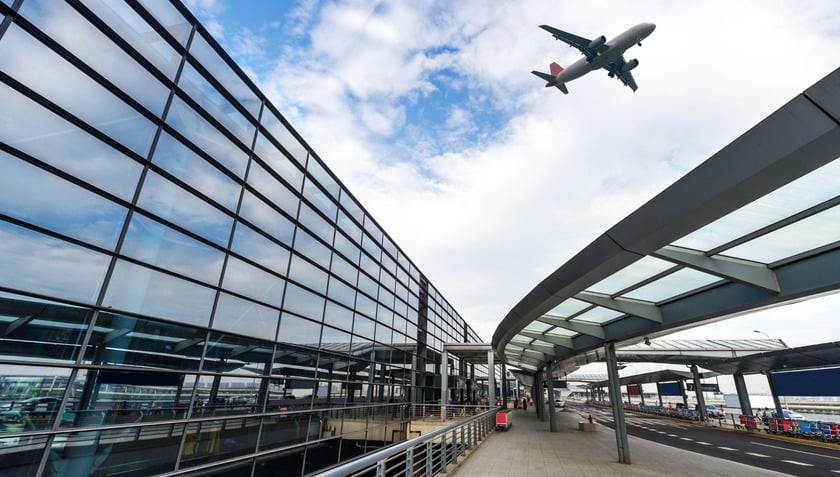
The reason for the increased costs at Changi Airport is that, starting April 1st, the airport management implemented increased fees to fund a $2.3 billion infrastructure upgrade.
Jetstar Asia will gradually reduce flight frequencies before officially ceasing operations completely on July 31st. To ensure passenger rights, the airline commits to providing full refunds to customers whose flights are cancelled and will arrange flights with other airlines if possible. For affected employees, Qantas will provide severance pay and assistance in finding employment within the Qantas Group or at other airlines, demonstrating its corporate social responsibility.
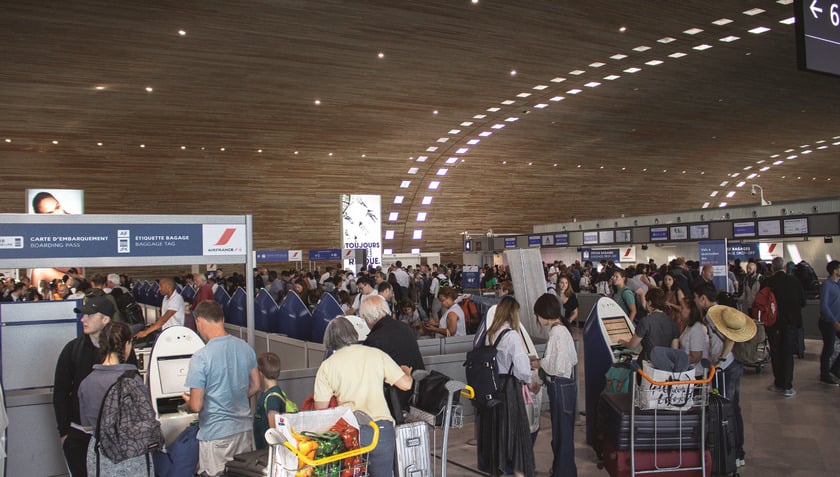
Regarding Jetstar Asia's closure announcement, a representative from Changi Airport stated that they were disappointed by the airline's decision to withdraw from Singapore, but respected the airline's commercial considerations.
Qantas also reassured that the closure of Jetstar Asia would not affect the international operations of the group's two remaining low-cost carriers, Jetstar Airways (Australia) and Jetstar Japan (Japan). This shows that Qantas is focusing its resources on core and more efficient markets to ensure sustainable future growth. The closure of Jetstar Asia serves as a stark reminder of the volatile and harsh nature of the aviation industry, where only those with the best cost-optimization strategies and adaptability can survive and thrive.

 VI
VI EN
EN



